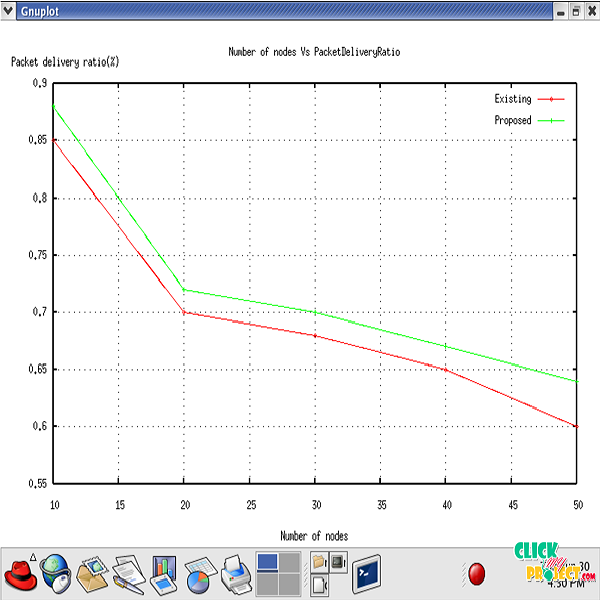Energy-Aware Cooperative Wireless Networks with Multiple Cognitive Users
₹4,500.00
10000 in stock
SupportDescription
Cognitive radio networks have emerged as an efficient solution to the problem of spectrum scarcity and its under-utilization. In a cognitive radio network, the secondary users (SUs) exploit primary users’ (PUs) period of inactivity to enhance their performance provided that PUs’ performance remains unaffected. Cooperative communication can be also viewed as a way of implementing the notion of spatial diversity. Analogous to using multiple antennas to achieve spatial diversity in single communication links, the resources of multiple nodes can be exploited to induce a similar effect. As the number of secondary users could be large due to the rapidly growing number of mobile communication devices, it is impossible/impractical to scan/observe all the candidate relays for a primary transmitter. The proposed policy opens room for trading the PU delay for enhanced SU delay. Towards this objective, stability conditions for the queues involved in the system are derived. Furthermore, a moment generating function approach is employed to derive closed form expressions for the average delay encountered by the packets of both users. Extensive simulations are conducted to validate the obtained analytical results. At any given point within the stability region of the system, the optimal value minimizes the average delay for the PU and SU is analytically derived





